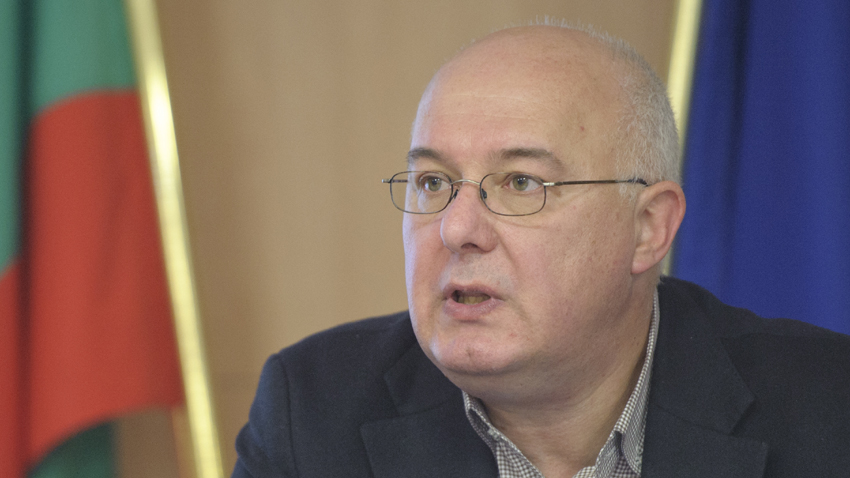At the beginning of Bulgaria’s transition to democracy media emerged as the pillars of freedom. In contrast, today they are mired in disgraceful dependence on political and economic interests. This is a key point made by the German Friedrich Ebert political foundation suggested by a recent survey of the media environment in this country. The survey has identified other pending problems in Bulgarian media: lack of transparency in ownership, ineffective measures to curb media concentration, fragile autonomy, weakened social functions of media outlets and others.
However, are free and objective media possible in a country that to quote a former German ambassador to Sofia, has “sham democracy” and have social media  become the safety valve and a replacement of traditional media? The answers come from Associate Prof. Orlin Spassov from the Faculty of Journalism of Sofia University and editor of the media survey held by Friedrich Ebert foundation.
become the safety valve and a replacement of traditional media? The answers come from Associate Prof. Orlin Spassov from the Faculty of Journalism of Sofia University and editor of the media survey held by Friedrich Ebert foundation.
"It is apparent that the Bulgarian media context has been in big trouble and some of the main issues have to do with the undemocratic way in which media operate. We are aware of problems of ownership too. Few media outlets work under proper market rules. Bulgarian media are dominated by tabloid and sensational content. However, I do not believe that this crisis in traditional media should result in a eulogy of social media and networks. Yes, they are in a sense a safety valve but only for a small part of the Bulgarian citizenry aware of the issues in the media environment. This is a small and well-informed elite. Overall, I think traditional media are still powerful in forging public opinion for the simple reason that when talking about the press, radio and television there is a wider range of different opinions. In the course of commentaries public opinion is formed and it in turn impacts on political affairs. In fact, this is the only way in which media influence political decision-making.”
In Bulgaria the internet is still a medium of exclusion. For the time being, only a small fraction of Bulgarians views the worldwide web as a channel for the expression of a civil position. Nevertheless, social media have been increasingly active in prompting topics to traditional media. A most recent example is the case of a singer fired from the Yoan Kukuzel Orthodox Christian choir following criticism he posted on Facebook against Minister of Culture Vezhdi Rashidov. The singer was indignant that for a concert of the choir at Notre Dame de Paris the singers would be paid travelling allowances alone and no proper remuneration. From the social network the topic of the negligent attitude to musicians quickly spread to television morning shows.
"This is an interesting trend”, Prof. Spassov admits. “In social networks traditional media have spotted a new source of news, because things happen very fast there. Fresh news and comments are easily and quickly released on social networks while the more cumbersome structure of traditional media prevents them from a quick response.”
Media experts note that the expression of opinion on social networks represents parallel publicity giving the rostrum to topics tabooed by central media. Is this though telltale of a rising demand for journalistic analyses and serious investigative journalism pieces?
English Daniela Konstantinova
The program of the Orthodox Book Week offers meetings with authors, publishers and translators of Orthodox books from the last few years. The event is held until November 10 at the ''St. Procopius of Varna'' Church, with meetings taking place every..
The "Kabiyuk" horse breeding farm in the village of Konyovets is the oldest stud farm in Bulgaria, founded in 1864 by Midhat Pasha, the governor of the vilayet of Ruse, to produce horses for the Turkish army. The farm existed until the Russo-Turkish War..
There is no exact statistic on the number of Bulgarians living abroad, but a report from the Ministry of Foreign Affairs from last year indicates that around 2.8 million Bulgarians are living outside the country . According to the 2021 population census..
Modernizing critical thinking skills, fact-checking skills and media literacy are essential for society, especially for young people in Bulgaria - the..
The survival of millions of people around the world, living in conditions of war, hunger, disease and immense despair, is at stake every day. We often..

+359 2 9336 661
